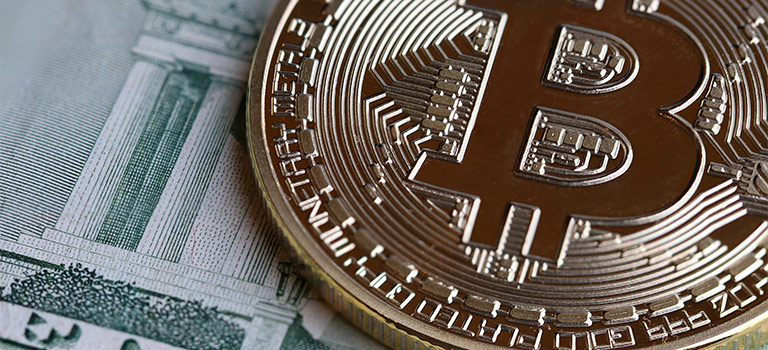PALO ALTO, Calif. (Reuters) - The Federal Reserve is looking at a broad series of concerns around digital payments and currencies, including policy, design and legal factors to consider around potentially issuing its own digital currency, Guv Lael Brainard stated on Wednesday. Brainard's remarks recommend more openness to the possibility of a Fed-issued digital coin than in the past." By Learn here changing payments, digitalization has the prospective to deliver higher value and convenience at lower cost," Brainard said at a conference on payments at the Stanford Graduate School of Service.

Main banks internationally are discussing how to handle digital financing technology and the dispersed ledger systems used by bitcoin, which promises near-instantaneous payment at potentially low expense. The Fed is establishing its own round-the-clock real-time payments and settlement service and is presently reviewing 200 remark letters submitted late in 2015 about the suggested service's style and scope, Brainard said.
Less than two years ago Brainard told a conference in San Francisco that there is "no compelling demonstrated requirement" for such a coin. But that was before the scope of Facebook's digital currency ambitions were commonly known. Fed officials, consisting of Brainard, have raised concerns about consumer securities and data and privacy dangers that could be presented by a currency that might enter usage by the 3rd of the world's population that have Facebook accounts.
" We are collaborating with other reserve banks as we advance our understanding of main bank Browse around this site digital currencies," she said. With more nations checking out issuing their own digital currencies, Brainard stated, that contributes to "a set of reasons to also be ensuring that we are that frontier of both research study and policy advancement." In the United States, Brainard stated, issues that require research study consist of whether a digital currency would make the payments system more secure or easier, and whether it could posture monetary stability threats, consisting of the possibility of bank runs if cash can be turned "with a single swipe" into the reserve bank's digital currency.
To counter the financial damage from America's unmatched nationwide lockdown, the Federal Reserve has actually taken unmatched steps, including flooding the economy with dollars and investing directly in the economy. The majority of these moves received grudging approval even from lots of Fed skeptics, as they saw this stimulus as required and something only the Fed might do.
My brand-new CEI report, "Government-Run Payment Systems Are Unsafe at Any Speed: The Case Against Fedcoin and FedNow," details the threats of the Fed's present strategies for its FedNow real-time payment system, and propositions for central bank-issued Additional hints cryptocurrency that have actually been dubbed Fedcoin or the "digital dollar." In my report, I discuss concerns about privacy, data security, currency control, and crowding out private-sector competitors and development.
Supporters of FedNow and Fedcoin say the federal government should develop a system for payments to deposit instantly, rather than encourage http://mylesergt476.image-perth.org/fedcoin-the-u-s-will-issue-e-currency-that-you-will-use such systems in the economic sector by lifting regulative barriers. However as kept in mind in the paper, the private sector is offering a relatively limitless supply of payment innovations and digital currencies to resolve the problemto the level it is a problemof the time gap between when a payment is sent and when it is gotten in a bank account.
And the examples of private-sector development in this area are lots of. The Cleaning House, a bank-held cooperative that has been routing interbank payments in various types for more than 150 years, has actually been clearing real-time payments since 2017. By the end of 2018 it was covering half of the deposit base in the U.S.